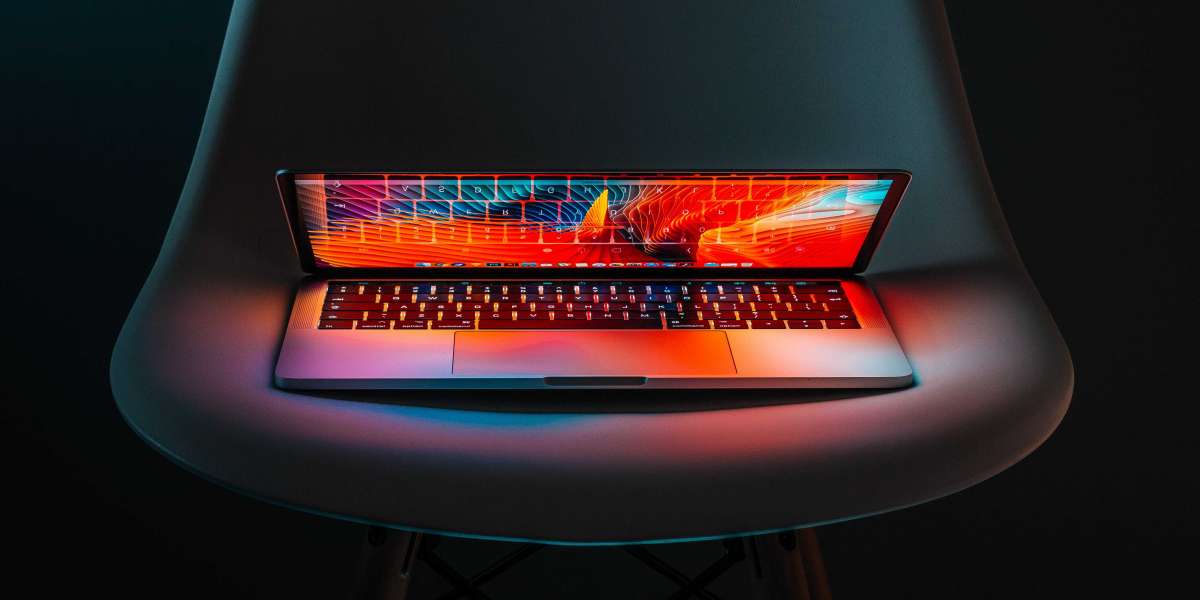Over the past few decades, computers have evolved faster than ever. As of today, human brains still have a leg up on artificial intelligence and computers in general. Our brains help us to process the world around us, understand everything we experience, learn new things, and its such a paradox that we're still very unaware of a lot of our own brain function. Our brains are so amazing that when you find yourself sleeping in a new environment, the brain has the capacity to process danger and remains half-awake in order to be more aware of the surrounding.
By a few comparisons, human brain can process much more information than a computer. Sure, computers are smart. Wasn't it a computer that defeated Gary Kasparov in chess? But brains are wonderful when it comes to processing and sorting of information. The Human Brain is 10,000 times slower than a computer but 100,000 times more energy-efficient than computers. It is estimated that computers will surpass the capability of human brains around the year 2040 due to all the advances in technology. It is found that the world's fastest supercomputer requires about 24 million Watts of power to operate, but our brains only require about 20 Watts and operate about 100,000 times faster. Also, every second, there are 100,000 chemical reactions happening in the human brain. Our brains are so powerful that they can compute 10 to the 13th and 10 to the 16th operations per second. That is equal to 1 million times the people on earth. In theory,it is found that brains are capable of solving problems faster than any computer in the world. Humans experient close to 70,000 thoughts per day.
Artificial Inteliigence and machine learning are evolving faster than ever though a lot of us might not realize it. All interaction you have with Siri, Google, Amazon or Netflix is influenced by machines that make themselves more efficient. Machine learning is extremely helpful in helping companies interpret and analyse data, learn about recurring changes, and find new relationships. Computers can absorb and process certain kinds of information much faster than we human beings can. They can process that data around in their “brains,” made of processors, and perform simple to complex calculations to comprehend multiple scenarios at superhuman speeds.
Computers have indeed been built and programmed to defeat human beings in complex games, such as chess as well as encyclopedic knowledge contests and shows. However, humans triumph over computers in numerous real-world scenarios and tasks—ranging from identifying a cat or a particular pedestrian on a crowded city street to reaching for a pen and writing with it—let alone externalization and creativity.
The computer has enormous advantages over the brain with respect to the speed of basic operations. Computers nowadays can perform basic arithmetic operations, such as addition, subtraction etc. at a speed of about 10 billion operations per second. The computer also has many advantages over the brain when it comes to the precision of basic operations. The computer can represent quantities with any desired precision and accuracy. For example, a 32-bit quantity has a precision of 1 in 232 or 4.2 billion. Over the past decades, human beings have taken inspiration from the brain to improve the overall computer design. The phenomena of both parallel processing and sorting have both been incorporated into modern computers.
In conclusion, it is safe to say that there is no clear winner overall. Human brains and computers have their own advantages, depending on the departments and the type of information that can be stored and processed. If you want precision and faster processing speed, a computer is the clear choice. If you want more creativity, energy efficiency, parallel processing and sorting a human is your best bet.







